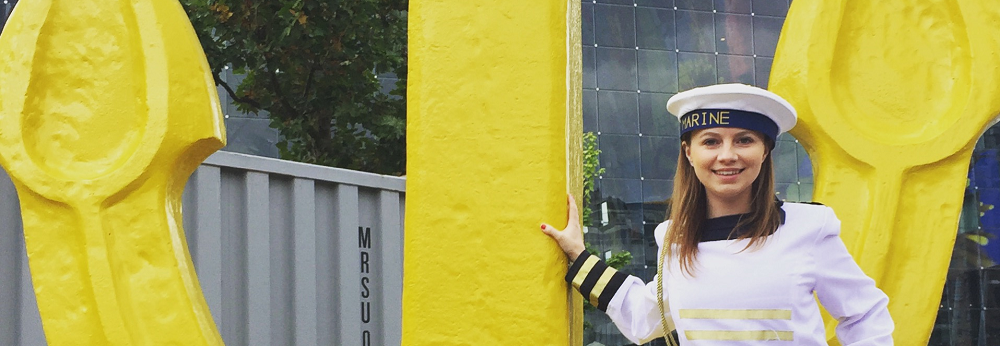Recently, I had an opportunity to enjoy and to learn more about commodity trade logistics at the big professional and public event – World Port Days, which takes place every year in the biggest European port of the city of Rotterdam, The Netherlands.
This year World Port Days were celebrating its 40th anniversary with the theme Global.
History of the port days
Having a harbor since the middle ages the Rotterdam Port days (or in Dutch Havendagen) have put the largest and busiest container terminal of northern Europe in the limelight since 1978. Since then the Port days are a wonderful way of getting to know about the activities and professionals in the harbor. The earliest Port days were before the second world war but at that time it was only for the captains of industry and foreign dignitaries and royalty.
The predicate “largest harbor in the world” was held by Rotterdam until 2004. Due to shifting economic growth Rotterdam’s position is now 4th after Shanghai, Ningbo and Singapore. In Rotterdam only a third of the goods are containerized. The rest of the tonnage comes in bulk vessels and is broken down into smaller shipments to be transported by road, rail, pipeline, container or barge to further inland destinations.
Historically Rotterdam has always had an open connection to the Sea 24/7. No bridges, locks or tides that get in the way of the Ocean freight. This offers large and small vessels alike to move in and out of the harbor independent of where the tide is heading. These days more than 150 million consumers live within a 500 mile range of the Rotterdam harbor, making it a strategic and heavily used hub for many companies and industries.
Logistics role in the commodity trade world
Logistics is a vital part in the supply chain process for every trader of all commodities. The supply chain includes transportation, shipping, receiving, storage, and management of all these areas. Trader interest in the supply chain is simple as he/she wants to be sure that the commodities will arrive on time, to the correct place and in the expected condition. Logistics can be applied to information, transportation, inventory, warehousing, material handling, packaging, disposal, and security.
All these stages of the commodity journey in logistics can be critical to your trade and business. That’s why the logistics functionality of Agiblocks can help you to control your commodity trade logistics risks, so you can keep your eyes on the deal. Some features of Agiblocks logistics include:
Agiblocks logistics
- Purchase to sales allocation
- Stocks to delivery allocation
- Freight and transport management
- Inventory and stock management
- Lot traceability
- Import/export and freight documentation

